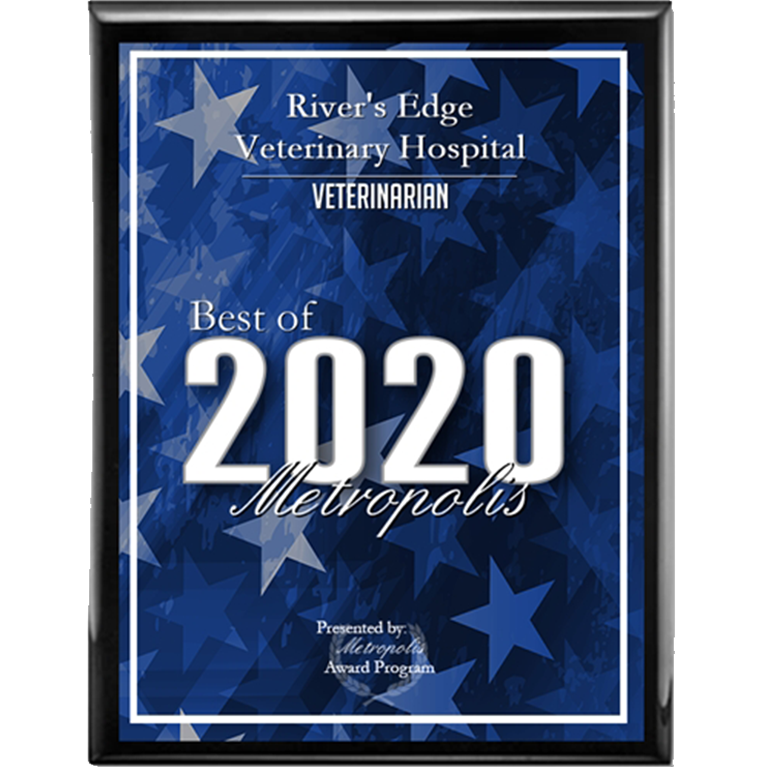Hey pet friends, I know when you see this blog you may want to look at the length of it and skip over it or skim it, BUT PLEASE DON'T. I personally could have experienced a loss of my Standard Poodle, Oakley had I not researched and been proactive about bloat and GDV. After discussing a situation that occurred with Dr. Jones we feel like he had all the symptoms of bloat. Thankfully, he had an elective surgery called a gastropexy done when he was around 9 months old. I truly feel like that procedure saved him from GDV. This is all explained below.
Do you own a deep chested breed? Some examples are Dobermans, Standard Poodles, Retrievers, Mastiffs, St. Bernard's, Shepherds, Great Danes, and Doodles.
For example: A Doodle is part Standard Poodle and part Lab/Golden/Bernie. This means that this pup is made up of two breeds that are deep chested and are at a higher risk for bloat and GDV. Here's the important information you should know!
My first Standard Poodle Tucker was a rescue. When Tucker became part of the family I started researching the Poodle breed because I wanted to know more about them, including breed specific health risks. One thing I researched in depth about the deep chested breed was bloat and Gastric Dilatation and Volvulus (GDV).
What is GDV? Gastric Dilatation and Volvulus (GDV) is a life threatening disorder most commonly seen in large, deep-chested dogs, although any dog may be affected. In its early stage, the stomach fills with gas, causing a simple gastric dilatation or "bloat". Sometimes, the condition progresses no further than a bloat. A GDV is a progression of the bloat into a volvulus, in which the huge, gas-filled stomach twists upon itself so that both the entrance and exit of the stomach become blocked. This is a life-threatening emergency that requires surgery to correct.
What are the signs to watch for?
A tight swollen abdomen
Pacing, unable to get settled and comfortable
Excessive drooling
Attempting to vomit repeatedly
How can I help prevent bloat?
Split feedings in to twice a day, instead of one daily feeding
If they are a fast eater, slow them down with a food puzzle bowl
After meals and drinking, do not allow them to exercise, they need to let food and water settle first.
Elevate food and water bowls off the floor
Try to keep anxiety levels low
This is a serious/life treating event if it occurs! If you suspect bloat/GDV call your vet IMMEDIATELY!
Thankfully, a prophylactic surgery is available to help prevent the stomach from flipping. The surgery is called a Gastropexy. Gastropexy can be easily explained as a "stomach tack." We are fortunate to have Dr. Russell B. Jones on our Rivers Edge team, as he offers this surgery as an elective surgery, instead of just as an emergency surgery. We recommend having this done on at-risk breeds during their spay or neuter procedure. Even with this procedure the stomach can still bloat, however the surgery lessons the risk of the "flipping" or GDV.
I now have three Standard Poodles that have all had gastropexies by Dr. Jones, along with many other owners that chose to have the procedure done at REVH. I highly encourage you educate yourself on your dog's breed, talk to us about this procedure, and ask us for advice and educational material. That's what we are here for!




